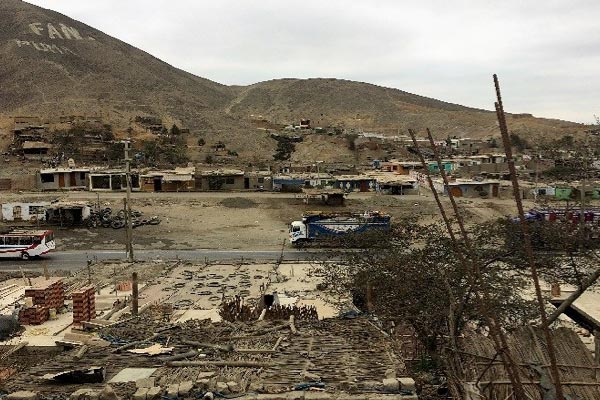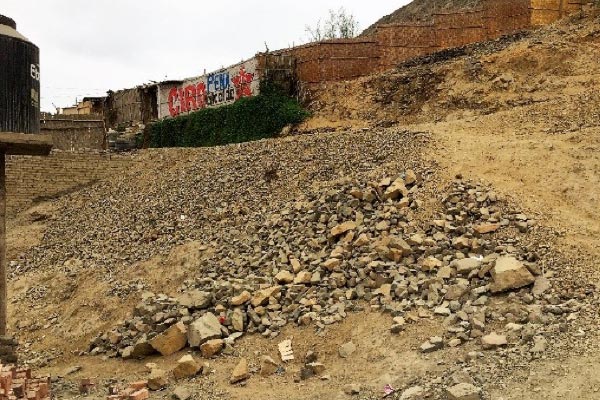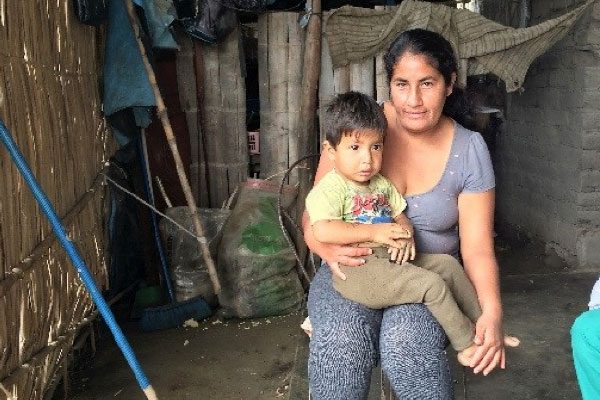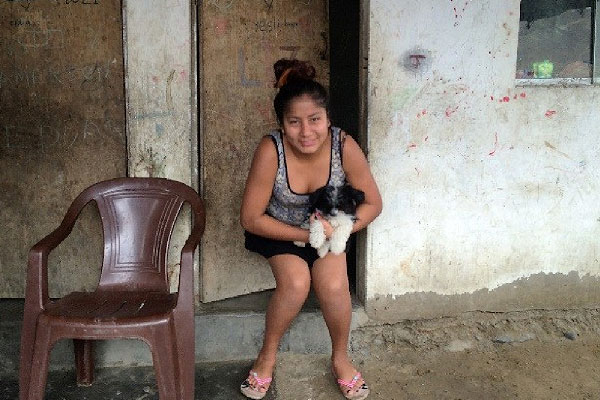Isabella’s Story
Home Visit in Cochico, July 13, 2016
by Karen Monro Walker
Inside, we sat on plastic chairs gathered in a circle for the visit. The floor was hard cement. One wall was made of thatched palms. Others were made of adobe bricks. The kitchen was partitioned off by wooden pickets strung together with wire and a blanket hung from a rope.
The visiting nurse, Zaraida, showed Isabella some clothes she had brought for her. Isabella nodded and thanked Zaraida for each item. The discussion then turned to the two-year-old, Francisco. He was suffering from intestinal parasites that were causing him to be unable to eat, resulting in loss of weight. Isabella had not been able to bring him to the Maternidad for treatment because she didn’t have the money necessary for the bus fare.
A young member of our group, Matt, moved by this information, then offered enough money to Isabella so she could afford the trip to and from the Maternidad to get Francisco the treatment he needed. Tears of joy and gratitude streamed from her eyes as she hugged Matt and thanked him for this gift of kindness.
Zaraida then asked Isabella about her husband. Isabella explained that her husband has advanced stomach cancer and is not well. She said that he throws up blood every day and is very weak. “Where is he?” we wanted to know. He was not at home with his family on the day of our visit. He was, instead, out working as a day laborer on a farm in order to earn some money to help his family survive.
Zaraida asked what treatment he was receiving; was he going to have any surgery or chemotherapy? Isabella replied that he was not. The doctors at the hospital had told him there was nothing more they could do for him since the cancer was so far advanced. Zaraida asked why he didn’t come to the hospital in Chimbote where he might receive better treatment. Isabella responded that he could not. Since they lived in a different province, their insurance would not permit him to be treated at the hospital of their choice in Chimbote. Because of this, he had simply accepted his fate and was working as often as he felt able to now before the cancer consumed him and he could no longer earn money to support his family.
The sorrow I felt for Isabella at this moment was practically unbearable. My husband, too, suffered from the horrible disease that is cancer before it took his life two years ago. And while we shared the horror of having a loved one suffer from this terrible disease, our circumstances could not be more different.
During the four months that my husband, Russ, battled cancer, we were blessed to live in Pittsburgh with its excellent hospital system where he was treated. We also had the advantage of health care aides, physical therapists and hospice personnel who came to our house to treat him. Our health insurance covered most of the costs of this care, so we were never faced with financial concerns during this painful ordeal.
We were also blessed with a beautiful home where Russ was able to spend his last days on earth comfortable, safe and warm, surrounded by those who loved him. These basic material possessions and health care structures, which we so often take for granted, were not shared by Isabella, her husband or her family. Instead, they were living in impoverished surroundings where he was forced to work, even while enduring the ravaging effects of cancer on his body, to earn a meager living to support their family.
The contrast between our situations was glaring. I could not help thinking of the phrase, “There, but for the grace of God, go I.”
I would like to do my part to be a witness to the dignity of every human being living in Chimbote who is suffering.




